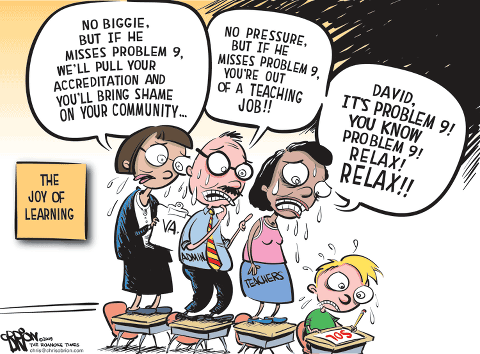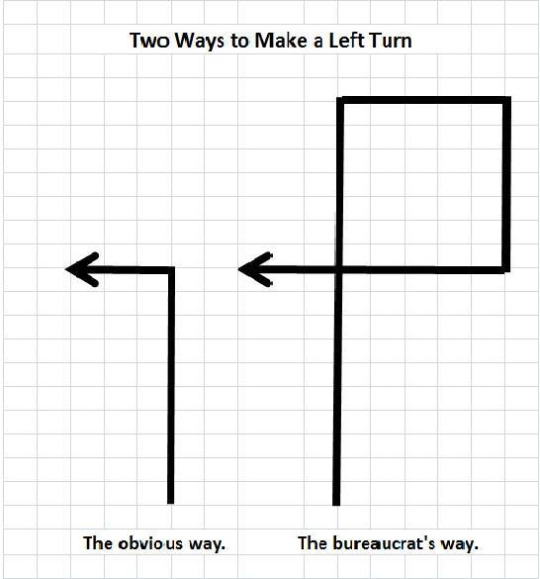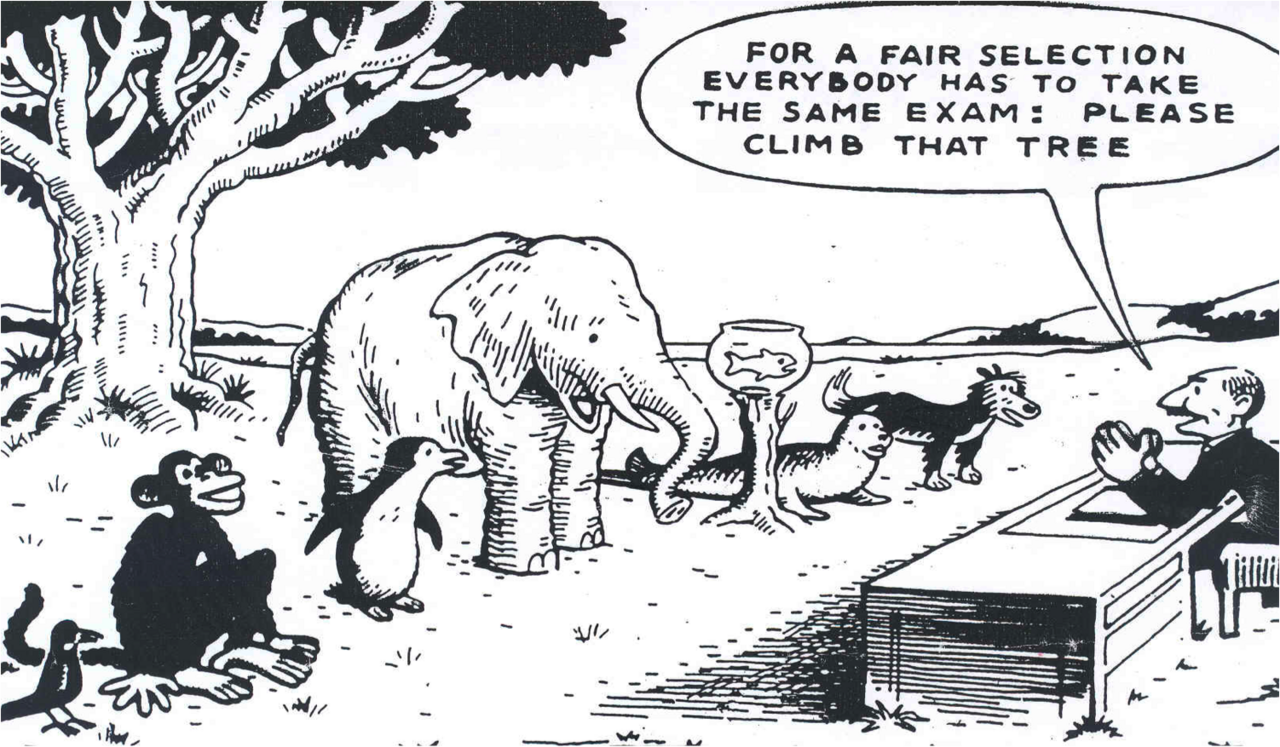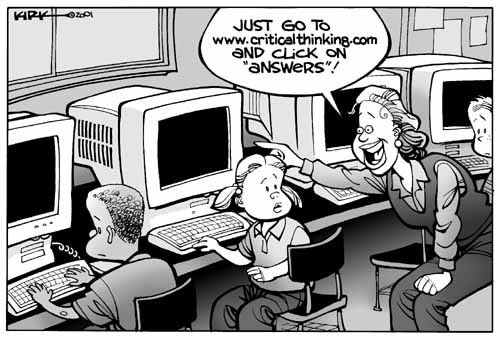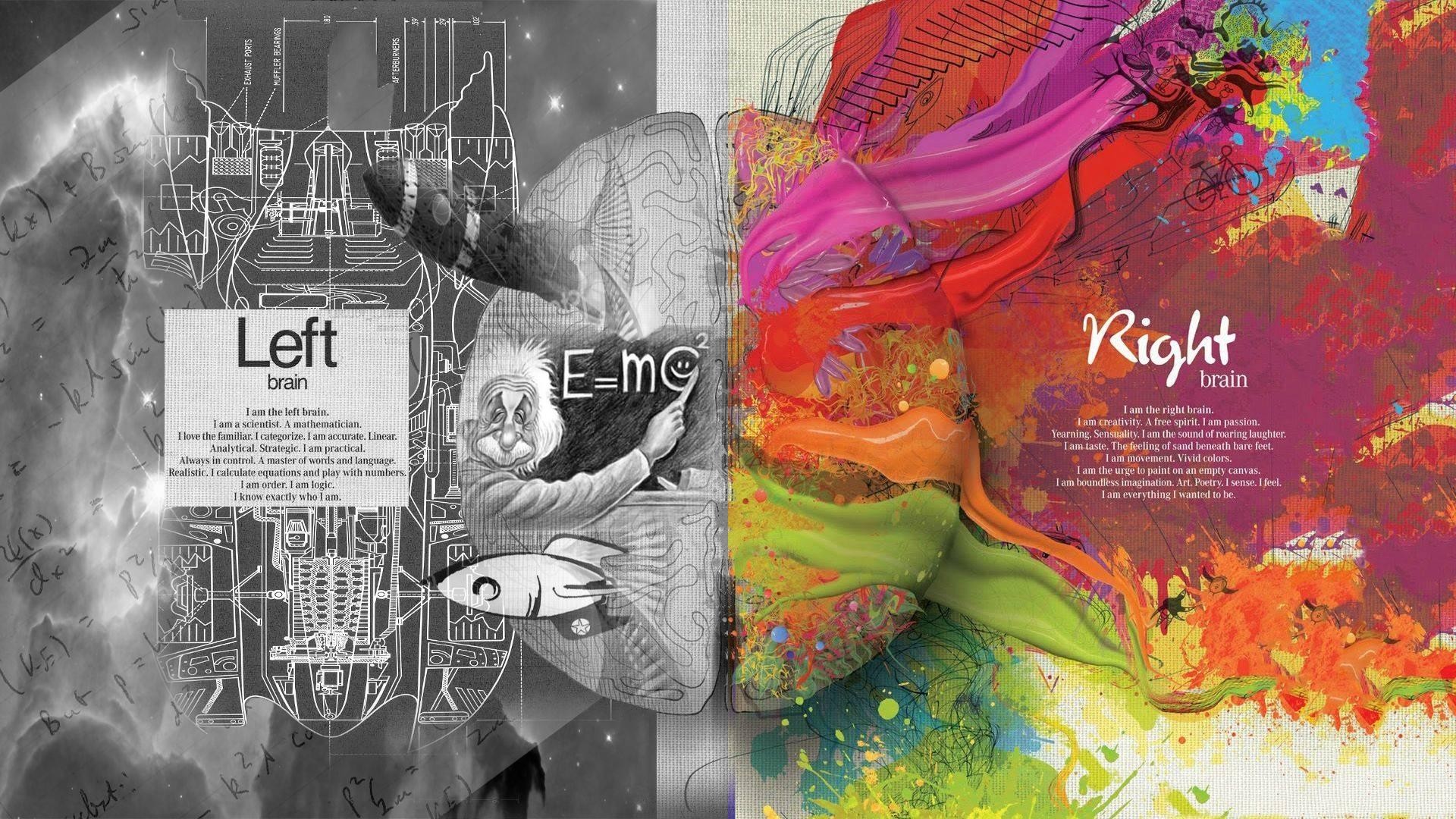5 Things Malaysia Can Learn From Finland's Education System
What radical ideas can we use to improve the Malaysian education system?
Out of 72 countries ranked by the OECD (Organisation for Economic Cooperation and Development) for education quality this year, Malaysia came in at a dismal 52nd
This ranking system is based on the test scores of 15-year-olds in math and science and goes to show just how troubled the local education system is. It has come to a point where nobody believes anything anymore every time a Malaysian minister proclaim that we have a world class education system.
The education system is long overdue for a major overhaul, and in doing so, there are many lessons we can learn from Scandinavian countries like Finland, which placed 6th in the rankings and is well-known for its effective system of education.
So what can Malaysia do to take a major leap towards a more world-class level of education? Below are some of the ideas, which can be pretty radical.
1. Equality for all : No segregation between strong and weak students
Finland: In the 1970's, the practice of separating students based on their grades and scores was eliminated, and every student struggling in school started receiving plenty of help. Their reasoning is that if teachers learn how to help students that struggle, they will be able to teach all students more effectively and, ultimately, leave no child behind. The effect of this is that the differences between the strongest and weakest students in Finland are the smallest in the world.
Malaysia: There is a distinctively wide gulf between the 'smart' and 'weak' students and they are often segregated by different classes. And because state funding is tied to academic performance, schools become motivated to push their better students to perform excellently, assigning better teachers to better students only and treat the weaker students as potentially harmful outliers to their overall performance, instead of actively working on improving how these students learn.
2. More trust, less bureaucracy
Finland: Society trusts the school to hire good teachers and the school trusts the teachers to be highly trained individuals. Teachers trust the students to learn for the sake of learning, and the students trust their teachers to give them all the tools they need to be successful. For instance, there's no dress code in Finland's schools and students are allowed to bring gadgets to the school. Plus, they get to have very frequent breaks to play and socialise in the classroom. In a nutshell, society trusts the system and gives education the respect it deserves.
Malaysia: This is in high contrast to our own system, where the language for math and science alone has been bouncing between English and Malay for the better part of a few decades and students are regulated arbitrarily. Teachers are constantly worried about students getting into trouble but nitpick issues like students wearing ankle socks in addition to doing paperwork that impedes their actual job of teaching. All this can't be conducive for the teaching and learning process.
3. No more exams! (until you are 16)
Finland: Students are not measured at all by exams until they are 16. Why? Because exams segregate people! They reduce every student's learning efforts to a single letter in the alphabet. Worse? They make students think that being defined by that letter is okay! So you get demotivated students thinking that they'll never amount to more than their C's, while A students believe wholeheartedly in their own intelligence instead of seeing that all they've done is score well on what is essentially a memorising test.
Malaysia: Here's how we structure exams in Malaysia: almost all papers focus on reiterating definitions or answers according to a certain pattern of questioning. So we churn out students that look fantastic on paper, but are fairly clueless at honing in on issues and solving them without a given formula.
Finland recognises this and has done away with standardised exams, and we should too. It's time that we foster students that learn for the sake of learning - not for the sake of scoring well in an exam.
4. Teachers are the 'heroes' of society
Finland: All teachers in Finland have a masters' degree, which is also fully subsidised. And the standards are upped even further by the fact that teachers are selected from the top 10% of graduates. Teachers in Finland are well-paid and carry similar status to doctors or lawyers, and the occupation is highly sought-after. This rigorous selection process ensures that all children are being educated by some of the best minds in the nation.
Malaysia: Teachers generally have to go through training courses in order to qualify, and must hold either a diploma or a degree. The path to becoming a teacher is rather accessible, which is excellent for those that really want to teach but bad news for students since just about anyone, even those only vaguely interested in teaching, can qualify. On average, teachers in Malaysia only earn a little under RM47,000 a year. These facts seem to provide an explanation for why all of us have stories to tell about that one bad teacher we get at least once a year.
So if Malaysia wants to produce world-class students, it must first focus on producing world-class teachers. Not only that, but it's important to figure out a more rigorous system so that only those with a true passion for teaching step into classrooms with that authority. Educating the future of the country is no meager task, and it starts with making sure our educators are up to it.
5. Making Arts subjects to be as important as Science subjects
Finland: Subjects such as arts and crafts are taken as seriously as the sciences in Finland. Teachers recognise that encouraging creativity aids the development of problem-solving skills and there is no discrimination between vocational students and the more academically-traditional inclined students.
Malaysia: The segregation between the arts and science streams in schools are very, very clear. For reasons unknown, the majority opinion is that the arts and vocations are for 'stupider' students while the sciences can only be studied by 'smart' students.
Echoing the sentiment of Sir Ken Robinson, not every student is gifted academically, but every person has their strengths and that should be leveraged on. Instead of glorifying only the achievements of science students, schools need to focus on advancing the skills of individuals gifted in other areas as well.
Ultimately, the Malaysian education system has much to take from the words of Helsinki principal Timo Heikkinen: "If you only measure the statistics, you miss the human aspect."
The national goal of education must shift from producing students with strings of A's to preparing children for the most important test of all: life.
Earlier today, Tun Dr Mahathir announced that he will be taking over the education portfolio because "there's a lot of uneducated people in this country":
This story is the personal opinion of the writer. Submit a story by emailing us at [email protected].
Meanwhile:
